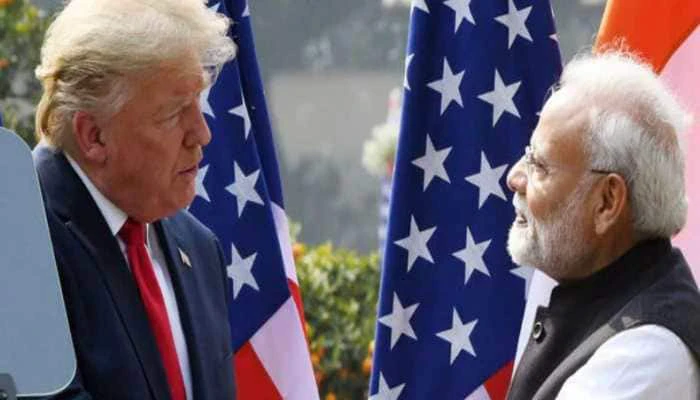New Delhi: Nobel laureate economist Abhijit Banerjee has urged India to rethink bearing heavy tariffs from the United States in exchange for cheap Russian oil.
His comments came in the wake of rising trade tensions, following U.S. President Donald Trumps recent announcement of a 25% tariff on Indian goods. The move responds to Indias continued purchase of discounted Russian crude.
The total tariffs on Indian products entering the United States will now reach 50%, one of the highest levied by the Trump administration on any country. This tariff takes effect from August 27. A long-pending bilateral trade agreement between India and the United States remains stalled, largely due to Americas demand for greater access to Indias agriculture and dairy sectors.
Banerjee spoke to news agency PTI at an event organised by BML Munjal University. He emphasised the need for serious thought on whether importing Russian oil at such a cost makes sense. He suggested India could ask the United States if tariffs would be lifted in exchange for stopping Russian oil imports.
There are fears that these steep tariffs will threaten Indian exports worth approximately $27 billion to the United States, particularly those currently not exempted. Discussions on reducing Russian crude purchases are already underway in policy circles.
He pointed out that exports impacted by the initial 25% tariff had already lost competitiveness, so doubling the tariff to 50% may not cause a drastic change.
India is the worlds largest importer of Russian crude, having bought 1.6 million barrels per day in July. However, refiners have placed no orders for August or September, as discounts on Black Sea oil have dropped to about $2 per barrel.
In fiscal year 2024-25, India imported 88 million tons of oil from Russia, out of a total crude import of 245 million tons. Contracts for August and September had been finalised before Trumps tariff announcement on August 7.
On the broader economy, Banerjee described the current years situation as not as good as expected, amidst geopolitical tensions and trade uncertainties. He highlighted weak private investment and pressure on the middle class.
Banerjee remarked that major companies like TCS are not hiring, IT salaries are stagnant and these unresolved issues continue to weigh heavily.
Meanwhile, Indias seafood export industry has appealed to commerce and finance ministries for urgent financial assistance. The industry faces severe challenges due to the Trump tariffs, especially affecting shrimp exports valued at nearly $2 billion.
The Seafood Exporters Association of India (SEAI) requested a 30% increase in working capital through subsidised soft loans and a 240-day moratorium on pre- and post-packing operations.
SEAI Secretary-General K.N. Raghavan told PTI that shrimp exports are experiencing significant difficulties because of these trade barriers.
